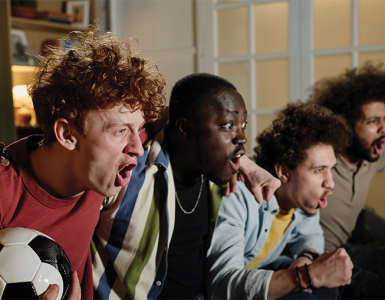UNCHARTED WATERs: History to be made as four sporting codes gear to grace games for the first time
FOR now, it appears all is well for the Tokyo Olympics 2020 to go ahead as scheduled on July 23 to August 8 this year.
This is confirmed, by among other things, the enthusiasm of athletes at different warm-up events staged in different parts of the world. The International Olympics Committee (IOC), organisers of this world’s best and most popular sports festival, were last year forced to shift the Games to this year due to the devastating Covid19 pandemic.
Also considering that earlier Japan anyway cleverly campaigned for the inclusion of particular sporting codes in order to realise their dream of winning more medals on home soil, they have to see to it that these Olympics really take place as planned.
The Olympics or Olympic Games, as they used to be called, have always enjoyed mass participation, something that could not even be matched by FIFA World Cup finals. It should, however, be mentioned that – in certain instances – the IOC would be left with embarrassment because of cheats.
Let’s check what the Wikipedia.org reveals under the topic Olympic Games’ Changes and Adaptations: “After the success of the 1896 Games, the Olympics entered a period of stagnation which threatened its survival.
“The Olympic Games held at the Paris Exposition in 1900 and the Louisiana Purchase Exposition at St. Louis in 1904 failed to attract much participation or notice. Of the 650 athletes in the 1904 Olympics, 580 were American; the winner of the marathon was later disqualified upon discovery of a photograph of him riding in a car during the race.[46]
“Games rebounded with the 1906 Intercalated Games (so-called because they were the second Olympics to take place within the third Olympiad), which were held in Athens. These Games attracted a broad international field of participants and generated a great deal of public interest, marking the beginning of a rise in both the popularity and the size of the Olympics. The 1906 Games were officially recognised by the IOC at the time (although not any longer), and no Intercalated Games have been held since.”
Baseball and softball may be American inventions but Japan has, nevertheless, adopted baseball (men) as its national sport, thus the two sporting codes return to the Olympics since 2008. During such Games countries would be represented by men only in baseball while women competed exclusively in softball.
This year’s Olympics will also see four sporting codes karate, surfing, sport climbing and skateboarding included for the first time.
Needless to say, karate being one of the martial arts introduced to the world by Japan years ago, seems to have been strategically brought in to help the hosts scoop more medals and attract interest of the Japanese people in general.
This, considering that the Land of The Rising Sun is not known to have good athletes in popular Olympics sports such as track and field.
Martial arts stats also show karate to be having more than 100 million registered karateka as compared to judo – another Japanese self-defence sport – which has 20 million judoka and Korea’s taekwondo with 70 million practitioners.
Judo was though accepted into the Olympics fold in 1964 while taekwondo got welcomed in 2000.
That it’s only now that karate is being introduced, blame lies squarely on karateka themselves.
Karate is divided into non-contact and full-contact styles in kumite (fighting), to make matters worse it’s also too fragmented because of disunity world-wide.


































